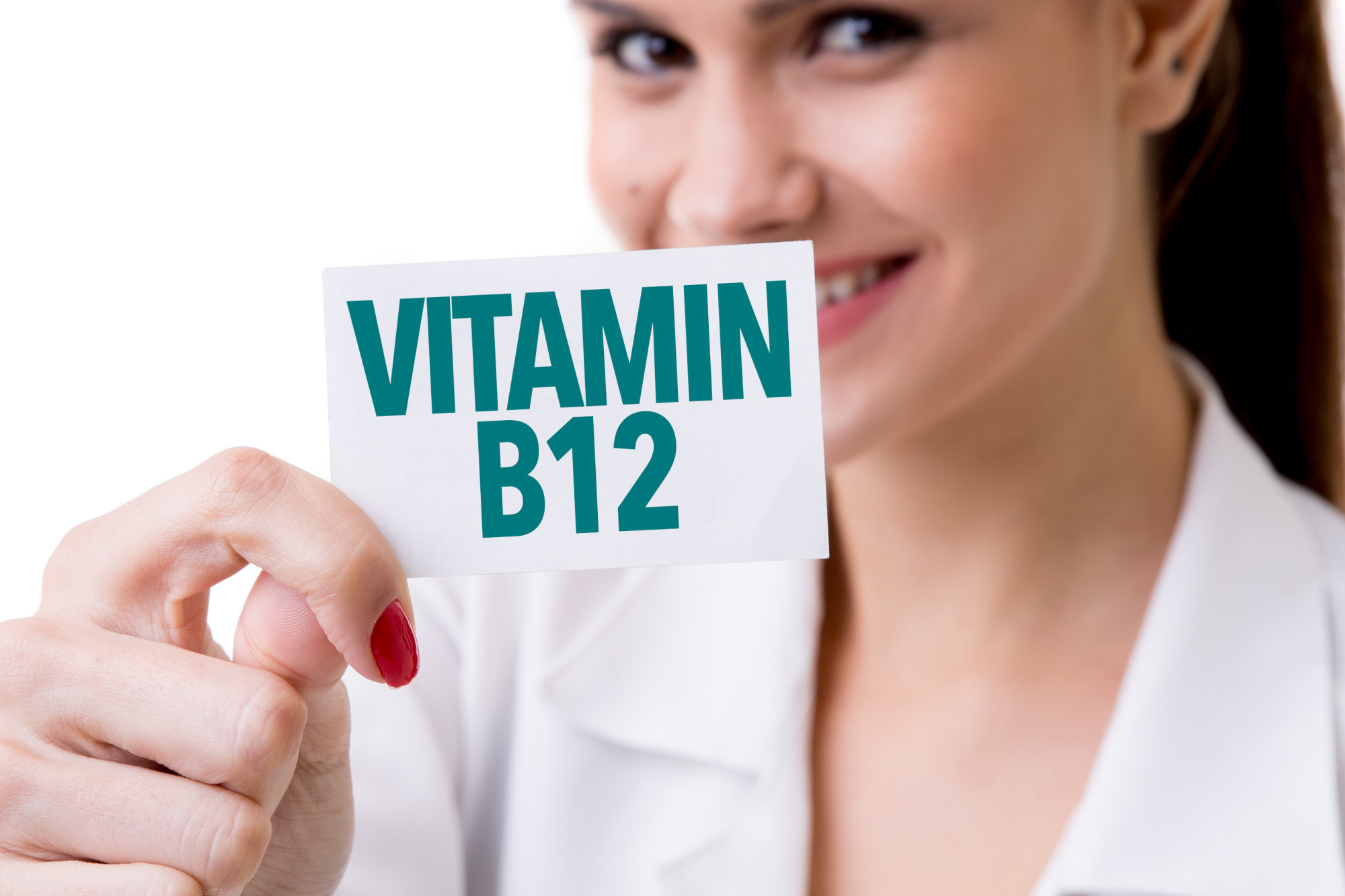Vitamins are organic substances that the body needs to function properly. Generally speaking, there are two main types—fat-soluble vitamins and water-soluble vitamins.
How are they different? Fat-soluble vitamins are stored in fatty tissues while water-soluble vitamins aren’t stored by the body.
Some examples of fat-soluble vitamins include vitamins A, D, E, and K. Vitamin B and C, in contrast, are water-soluble.
Want to increase your consumption of vitamin B12? Looking for a supplement guide? If so, you’re on the right page—we’ll be going over everything that you need to know about the topic below. Keep reading to learn more!
What Is Vitamin B12?
Vitamin B12 aka cobalamin is a type of water-soluble vitamin that plays a key role in DNA synthesis. Not only that, but it’s necessary for the proper function of the brain, blood cells, and nerves.
What’s the recommended daily amount? 2.4 micrograms, according to the Mayo Clinic.
Benefits of Taking Vitamin B12
Maintaining vitamin B12 may support bone health. More specifically, it can help prevent osteoporosis, a bone disease that’s common among the elderly.
In addition to that, it can improve your mood. In fact, studies have shown that it can help alleviate depressive symptoms.
A Supplement Guide: Foods That Are High In Vitamin B12
Organ Meats: Livers and kidneys are very high in vitamin B12. Take lamb liver, for example, a 3.5-ounce serving provides over 3000% of the daily value (DV). In addition to that, they’re rich in selenium, copper, and vitamin A.
Clams: These small shellfish are packed with nutrients, including vitamin B12. As if that wasn’t great enough, they’re also a lean source of protein.
Sardines: Sardines are a type of oily fish that’s rich in vitamin B12. While you can buy them fresh, they’re typically sold canned in water or oil.
Beef: All cuts of beef are high in vitamin B12. For example, one grilled flat iron steak provides over 460% of the DV. In addition to that, it also contains vitamins B2, B3, and B6.
Eggs: Eggs are a great source of protein and B vitamins—including B2 and B12. While both the yolk and whites contain vitamin B12, those from the yolk are easier to absorb.
Dairy Products: Dairy products such as yogurt and cheese are rich in several vitamins and minerals including vitamin B12. The same goes for milk—one cup provides approximately 46% of the DV.
Salmon: Salmon is not only high in omega-3 fatty acids—it also contains high amounts of B vitamins. Not only that, but it’s rich in protein as well.
Increasing the Amount of Vitamin B12 In Your Diet
And there you have it—a supplement guide on how to boost your vitamin B12 intake without supplements. As you can see, there are several vitamin-rich foods that you can incorporate into your diet!
For more health tips, visit the rest of our blog!
Image Attribution:
Adobe Stock royalty-free image #117608103, ‘Vitamin B12’ uploaded by gustavofrazao, standard license purchased from ; file retrieved on July 11th, 2019. License details available at – image is licensed under the Adobe Stock Standard License.



